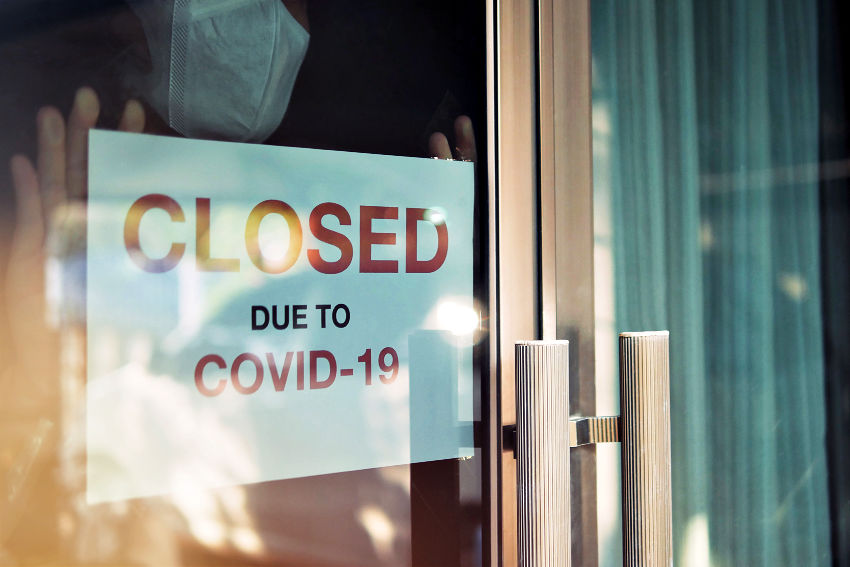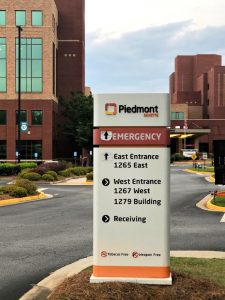Small business owners are getting hit with a lot of information and making tough decisions on how to survive the COVID-19 crisis. Emails are coming in from every direction about local, state, and federal government relief loans. They’re also sifting through advice on how to keep employees, maintaining a safe work environment and tips on how to stay cybersecure online. With all of these messages flooding their inbox, social media, and phone, it’s easy to mistake a scam for a real offer. The Better Business Bureau warns small businesses to be on the lookout for phony grant offers.
How the Scam Works:
An email, text or caller ID appears to be from the U.S. Small Business Administration or an attorney representing the SBA. The “SBA” is offering grants just for small businesses affected by the coronavirus outbreak. The application looks simple and may involve completing a short form requesting banking and business information. After being approved, the business owner is asked to pay a “processing fee” up to a couple thousand dollars. This is just one example of the type of scam going around.
BBB.org/ScamTracker has received several recent reports about a sophisticated new twist. After the “government agency” contacts business owners about the grant, a friend then reaches out through Facebook. This “friend” claims to have successfully received money from the exact same grant and wants you to know about the program. What a coincidence! Naturally, the “friend” is not really a friend, but a compromised Facebook account, contacting all of your friends on Facebook.
No matter how convincing the idea sounds and how much your business could use “free” money, don’t fall for it. If you receive an offer that appears to come from the SBA or another state or local government small business agency, research it before sharing any personal information.
Tips for Spotting a Small Business Loan Scam:
- Look for a website that ends in .gov or .ca: Legitimate government entities will have websites and emails that end with .gov such as SBA.gov.
- Do a quick internet search for similar offers: Many government agencies helping small businesses are offering loans and other programs. Be sure to confirm that the offer is real before sharing personal or business information. Find the agency website through an online search (never click on a link in an email) and be sure the program is on their website
- Government agencies do not typically text or communicate through social media avenues such as Facebook. Be wary of unsolicited messages.
- There is no such thing as a “free” government grant.If you have to pay money to claim a “free” government grant, it is not really free. A real government agency will not ask you to pay an advanced processing fee.
- Businesses typically don’t receive government grants. In general, the federal government only offers grants to nonprofits, educational institutions, and state and local governments. Learn more at SBA.gov.
For More Information
Check out the SBA’s website (SBA.gov) for business resources and loans.
For consumer tips on COVID-19, go to BBB.org/Coronavirus,
For more business tips, go to BBB.org/COVID and BBB.org/smallbusiness.
If you’ve spotted a scam (whether or not you’ve lost money), report it to BBB.org/ScamTracker. Your report can help others avoid falling victim to scams.












Leave a Comment
You must be logged in to post a comment.